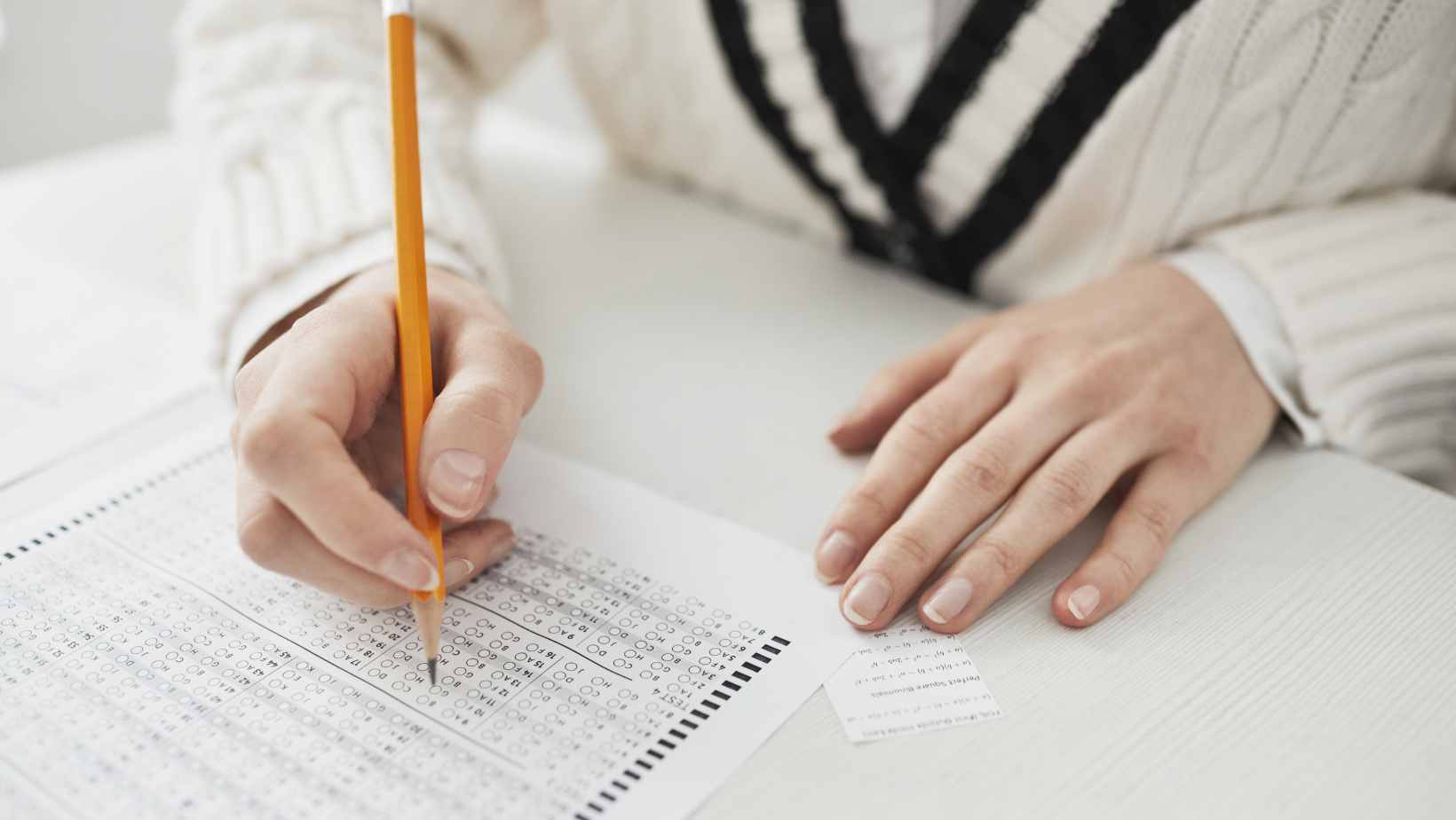Are you preparing for the MTA Station Agent Exam and looking for reliable questions and answers to help you study? Well, look no further! In this article, I’ll provide you with valuable information on MTA Station Agent Exam questions and answers that will enhance your preparation and increase your chances of success.
The MTA Station Agent Exam assesses candidates’ knowledge in various areas such as customer service, ticketing procedures, safety protocols, and station operations. To effectively prepare for this exam, it is crucial to have access to a comprehensive collection of practice questions along with accurate answers. This will allow you to familiarize yourself with the types of questions you may encounter on the actual exam and develop your problem-solving skills.
By studying these MTA Station Agent Exam questions and answers, you’ll gain insights into key concepts, learn essential strategies for tackling different question formats, and boost your confidence before sitting for the exam. The more prepared you are, the better equipped you’ll be to demonstrate your competence during the assessment process.
Table of Contents
MTA Station Agent Exam Questions And Answers
Breakdown of Exam Sections
The MTA Station Agent Exam is a comprehensive test that assesses candidates’ knowledge and skills required for the role of a station agent in the New York City subway system. To help you prepare effectively, let’s break down the exam into its key sections:
- Customer Service: This section evaluates your ability to provide excellent customer service to commuters. You can expect questions on handling inquiries, assisting passengers with disabilities, addressing complaints, and ensuring a safe and pleasant experience for all subway riders.
- Ticketing Systems: As a station agent, you’ll be responsible for selling tickets, processing fare payments, and managing ticketing systems. This section will test your understanding of different ticket types, calculating fares, issuing refunds or transfers, and resolving any issues related to ticket transactions.
- Emergency Procedures: In emergency situations such as medical emergencies or security threats, station agents play a crucial role in maintaining public safety and providing necessary assistance. This section will focus on your knowledge of emergency protocols, evacuation procedures, first aid basics, communication systems usage during emergencies, and coordinating with law enforcement agencies.
- Rules and Regulations: A deep understanding of the rules and regulations governing subway operations is essential for a station agent’s job. Questions in this section may cover topics such as fare evasion prevention methods, enforcing transit policies like no smoking or eating on trains or platforms), identifying prohibited items or behavior within stations premises.

Commonly Asked Questions in The MTA Station Agent Exam
As an expert in the field, I’ll provide you with some commonly asked questions that you may encounter in the MTA Station Agent Exam. These questions cover a range of topics related to station operations, customer service, and safety procedures. By familiarizing yourself with these questions and their answers, you can boost your chances of success on the exam.
- What are the responsibilities of a station agent?
- Assisting customers with ticket purchases and fare inquiries
- Providing information on train schedules, delays, and service changes
- Ensuring the safe operation of turnstiles and fare collection equipment
- Monitoring platform activities to maintain order and address any security concerns
- How do you handle an angry or frustrated customer? When dealing with difficult situations involving upset customers, it’s important to remain calm and empathetic. Here are some steps to follow:
- Listen actively to understand their concerns.
- Apologize for any inconvenience caused.
- Offer realistic solutions or alternatives.
- Seek assistance from supervisors when necessary.
- What should be done in case of an emergency at a subway station? In emergency situations, quick thinking and adherence to established protocols are crucial. Here’s what you should do:
- Remain calm and alert passengers about the situation using announcements or intercom systems.
- Follow evacuation procedures if directed by supervisory personnel.
- Contact emergency services promptly for immediate assistance.
- How do you handle lost items reported by passengers? It’s essential to assist passengers who have lost personal belongings within subway stations:
- Direct them to a designated Lost & Found area where they can file a report or inquire about their lost items.
- Provide accurate information about contacting Lost & Found services after they leave the station.
Remember that these questions are just a sample of what you might encounter on the MTA Station Agent Exam. It’s crucial to thoroughly study and understand all aspects of station operations, customer service, and safety procedures covered in the exam syllabus. By doing so, you’ll increase your chances of performing well on test day.
I hope these commonly asked questions and their answers provide you with valuable insight for your preparation. Good luck!
Brian, the dedicated Editor and Education Enthusiast at Faspe, is a dynamic force breathing life into the realm of education. Grounded in pedagogical expertise and fueled by boundless passion, Brian enriches the team with extensive experience, curating resources that inspire educators and students alike. His unshakable faith in the transformative power of education propels individuals to reach for the stars on their educational journey.






